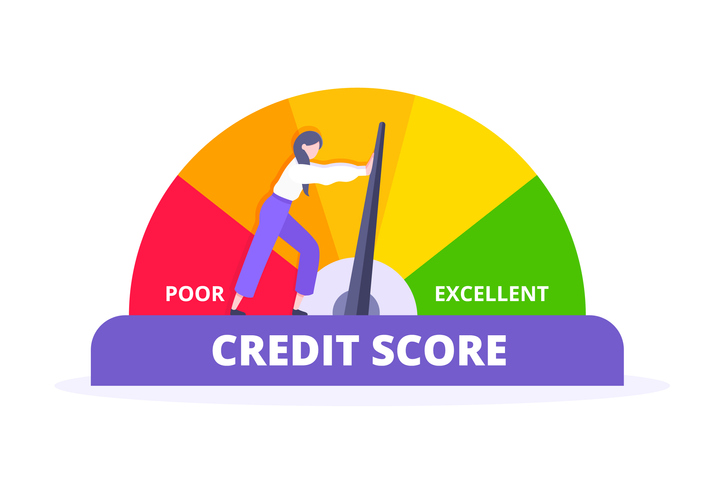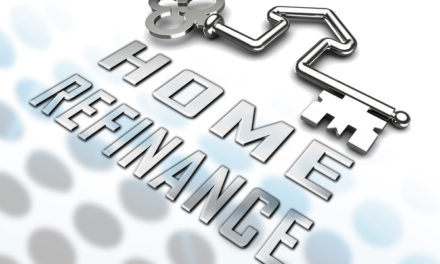You may not think about your credit score much, but there are times when your credit score becomes extremely important–such as when you want to take out a loan from the bank. Your credit score is kind of like a report card on how financially responsible you are, which is why you want to make sure your credit score is within an acceptable range. One mistake can negatively influence your credit score, so you’ll want to avoid these common credit mistakes and keep your score healthy.
1. Make a Late Payment
You may think that one late payment on your credit card bill is no big deal. Everyone makes a mistake sometimes, right? Unfortunately, your credit card company disagrees. Not only will you get a fine for making a late payment, but your credit score will take a hit. Luckily, you do have 30 days to make a late credit card payment before your score gets affected, so as long as you deal with the payment and fines quickly, you could avoid more long-term consequences.
Avoid this mistake: Easy ways to avoid late payments are to set up reminders or automatic payments from your account.
2. Taking On Too Much Credit Card Debt
You may know you have enough funds to pay off however much credit card debt you accrue, but owing too much, and especially maxing out your credit card, can still cause your credit score to take a hit. The recommendation is to utilize only 30% or less of your available credit, or to come as close to that as possible.
In this same vein, another credit mistake is to only make minimum payments on your credit card bill. By doing so, you’ll continuously increase your debt and hurt your credit score. On the flip side, paying off your full debt each month could increase your credit score and bring it to (or keep it in) a healthy range.
Avoid this mistake: Pay attention to your available credit and be careful how you use it.
3. Applying For An Abundance of Credit
If you take out several different loans for unnecessary reasons like vacations, you could end up with so much debt that you forget to make payments or be unable to afford to make your monthly payments on time. If you are using your credit card, your credit card debt could exceed a healthy percentage of your recommended credit utilization.
Avoid this mistake: Only take out loans when you absolutely need them.
4. Closing Credit Card Accounts
When you close a credit card account, you lose the opportunity to build credit and increase your credit score. That means that, naturally, your credit score will start to drop. You also lose whatever available credit that account brought you, making your credit utilization amount smaller and increasing the percentage of it you are using. Especially if the account has no fees involved, it can be smart to just leave it open, even if it’s unused.
Avoid this mistake: Leave unused credit card accounts open, especially if they have no fees.
5. Not Paying Attention To Your Credit Report
Your credit report tells you how your credit score is doing and can help you keep tabs on if you need to do better or if you’re doing great and should keep it up. It’s important to check in on your credit score on a somewhat regular basis to make sure there are no significant negative changes, or, if you need to increase your credit, to make sure it is rising the way it should.
Avoid this mistake: Set reminders to check your credit report or sign up for a program that emails it to you at regular intervals.
These credit mistakes and others can get in the way during times when you need your financial health to be in top shape, such as when you are applying for a mortgage or taking out another kind of loan. At DeSantis, Kiefer, Shall, & Sarcone, we can help you keep your credit score healthy and avoid credit mistakes that could negatively affect your credit health.






